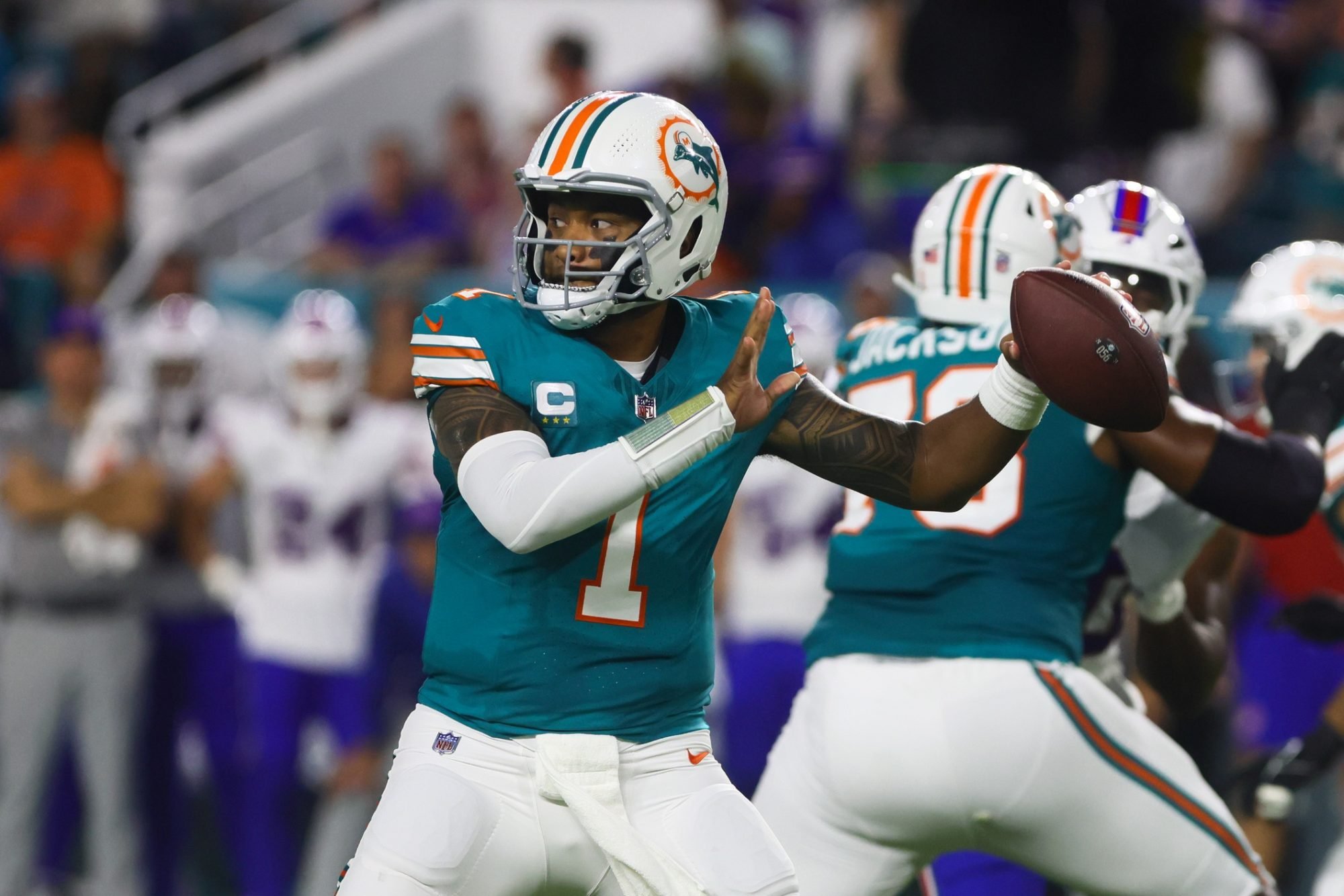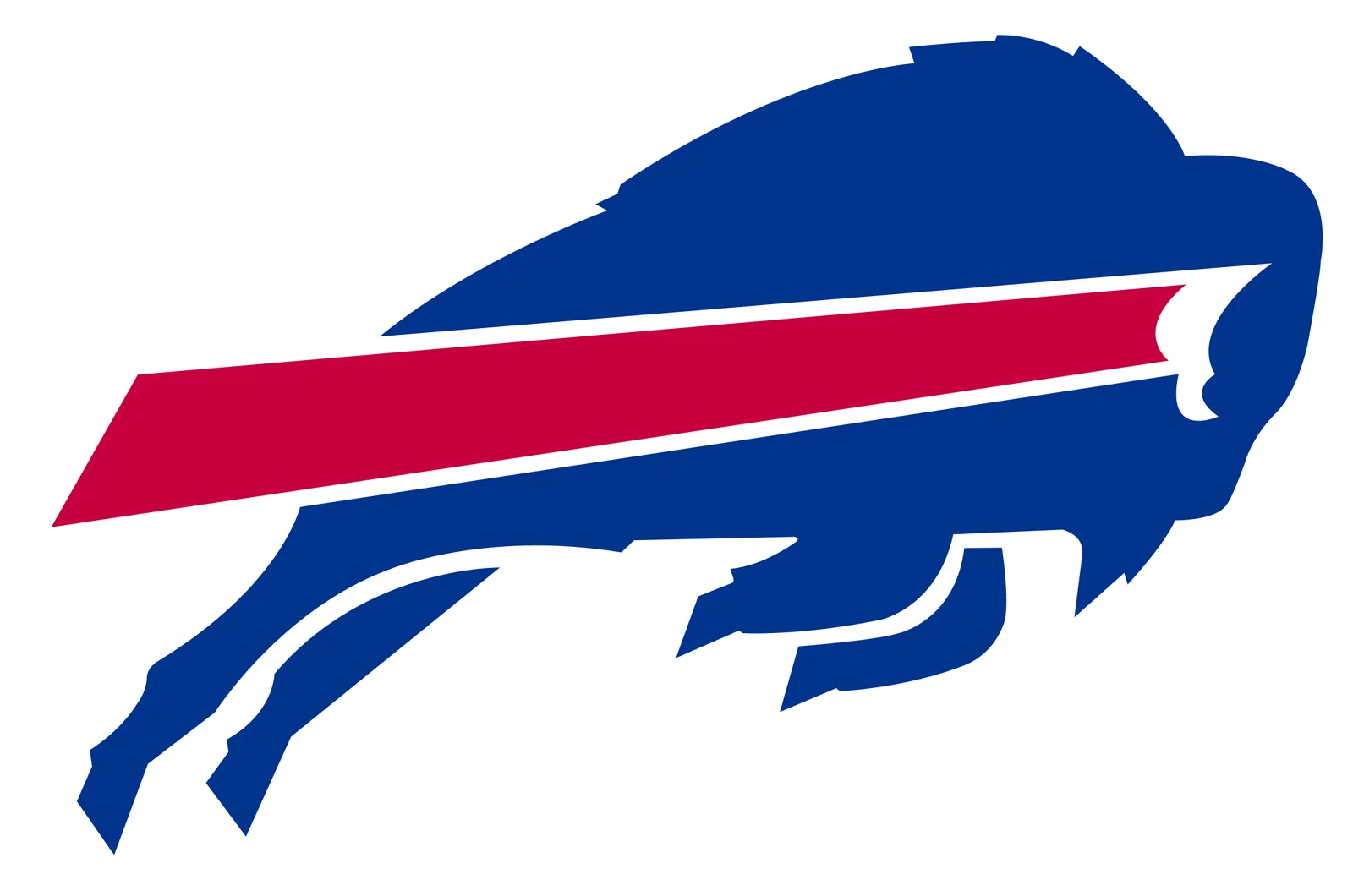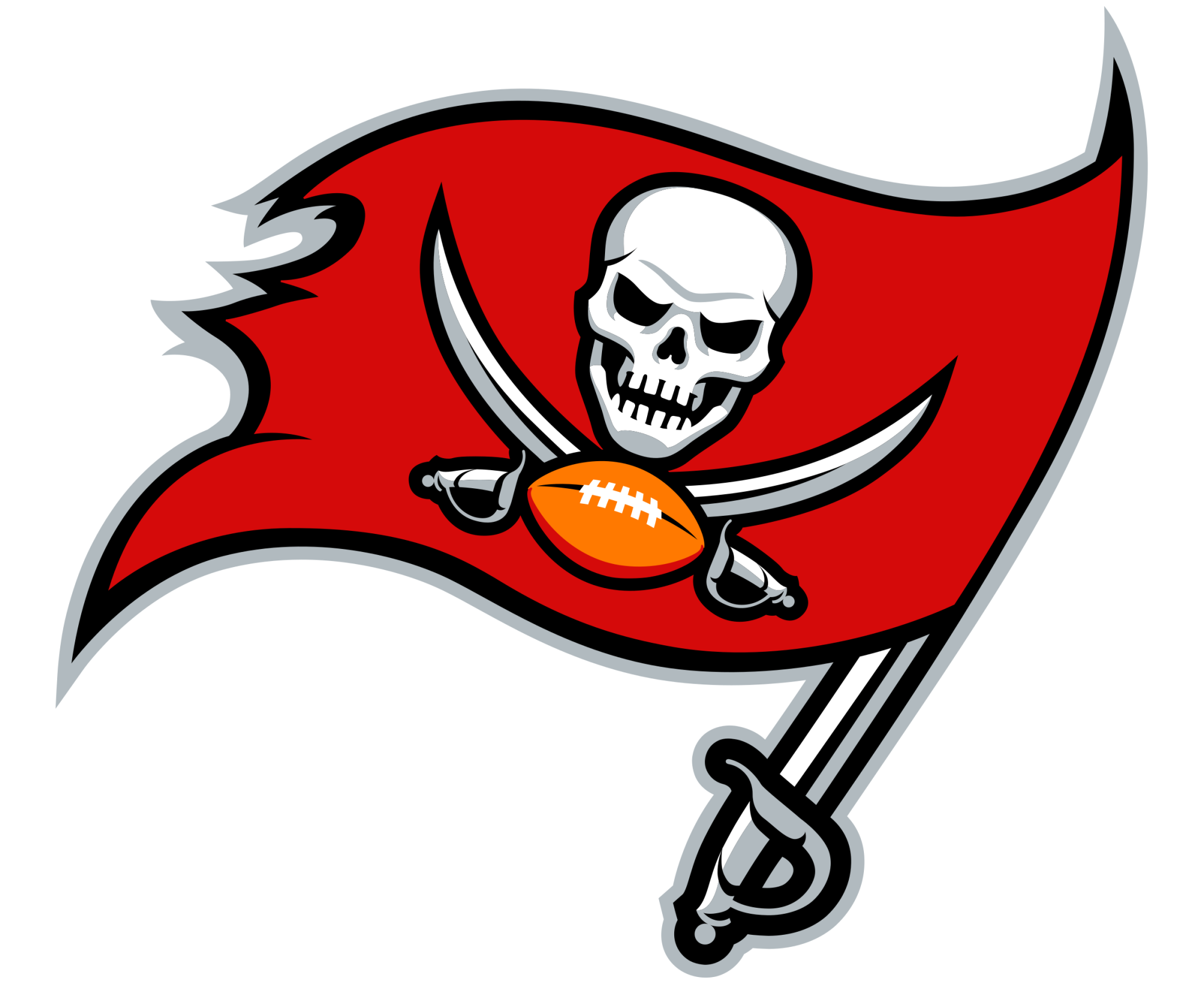Dolphins Experiencing the Downside of Min-Maxing Their Quarterback Room

Credit: Sam Navarro-Imagn Images
There’s no denying how explosive the Miami Dolphins look when Tua Tagovailoa is in charge of Mike McDaniel’s system. And there’s no denying how bad they’ve looked during the five games in which Tua didn’t start, including Sunday’s 24-3 beatdown at the hands of the Seattle Seahawks. Put the stats side-by-side, and you can walk away with the same conclusion that The 33rd Team did on Monday.
Tired: Tua Tagovailoa is a system QB
Wired: Tua Tagovailoa is the system https://t.co/EY4xL9xyJA pic.twitter.com/FU0ibdEMsu
— The 33rd Team (@The33rdTeamFB) September 23, 2024
Those are the numbers, and the numbers don’t lie. Except for when they do.
Does Tua make the Dolphins’ system sing? Absolutely. But come on. The offense isn’t going to turn into a pumpkin if any other quarterback — or even any backup-caliber quarterback — takes the wheel here.
What we saw on Sunday was a team that confronted the downsides of min-maxing their QB situation.
What do we mean by min-maxing? It’s a concept in games where you figure out what stats or attributes are most beneficial, and put as much resources to the most beneficial qualities as possible. Even if you’ve never heard the phrase, you know what it looks like. The NFL going away from the run and investing heavily in the pass is their version of min-maxing. And Miami investing so heavily in their high-end players at the expense of things like, say, the backup quarterback, is also a version of it.
It’s not an indefensible position. The Dolphins had good reason to want to keep Tua, Tyreek Hill, and Jaylen Waddle in the fold, and they already had to sacrifice big pieces like Christian Wilkins to keep that group together. The backup quarterback is an easy spot to fill cheaply and move on.
The downside is that when Tua got hurt, we saw exactly where that lack of investment can lead you. Skylar Thompson (and later, Tim Boyle) went out and proved that they were no ordinary backups.
That ordinary backup might look like Justin Fields, a failed starter who is nonetheless leading the Pittsburgh Steelers to a 3-0 record. Or maybe Andy Dalton, who makes a paltry $5 million per season, but just led the Carolina Panthers to their first win. It might even be Malik Willis, who the Green Bay Packers got for a song this preseason and are paying under $1.5 million this year.
No offense to Thompson, but we’re seeing how far $985K gets you in the NFL. Is it worth cutting corners to keep the star power on offense? Sure, but that’s going to make the drop-off from the starter to the backup much greater than, say, Wilson to Fields or even Jordan Love to Willis. If they were able to get a quality backup in-house, or were willing to cut corners elsewhere, we wouldn’t see anything close to this drop-off.
We don’t need to get into the wider debate of whether a healthy Tagavailoa is worth the contract Miami gave him. The Dolphins thought so, and Mike McDaniel thought so, and those opinions are all that matter, from a practical sense. But we can love Tua and support him through this awful ordeal while acknowledging that the Dolphins offense isn’t Excalibur in the stone, and Tua’s not King Arthur. This situation wasn’t inevitable, it was the result of a strategic choice having the worst possible outcome.
Up Next





